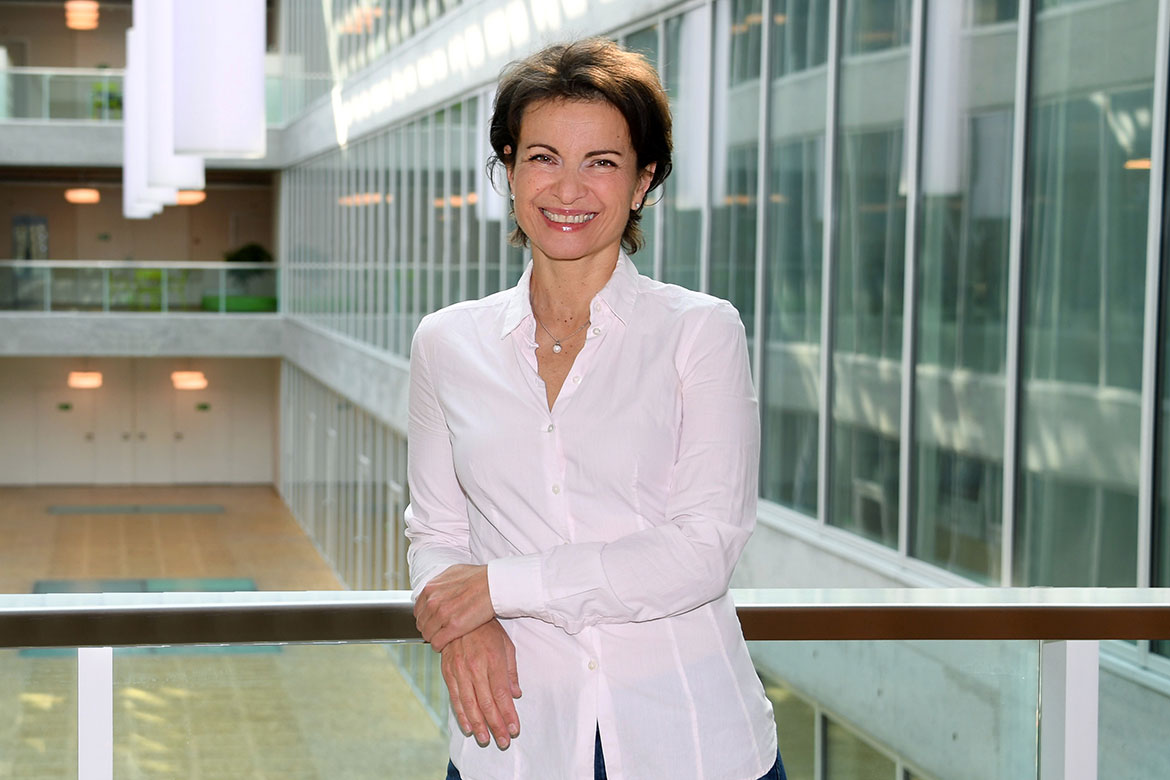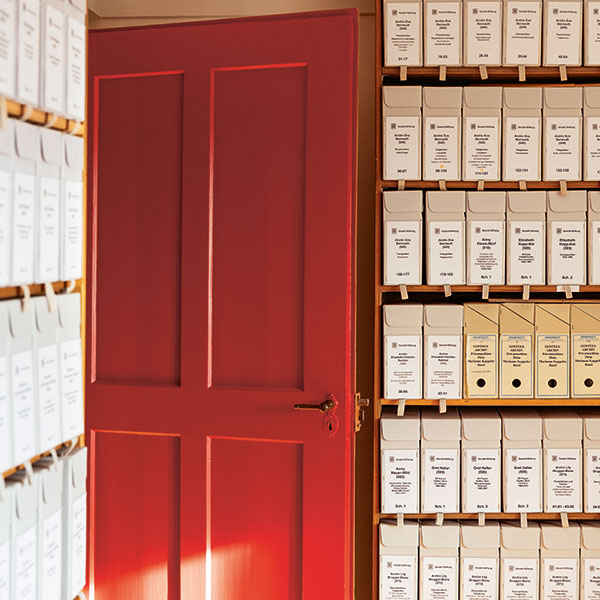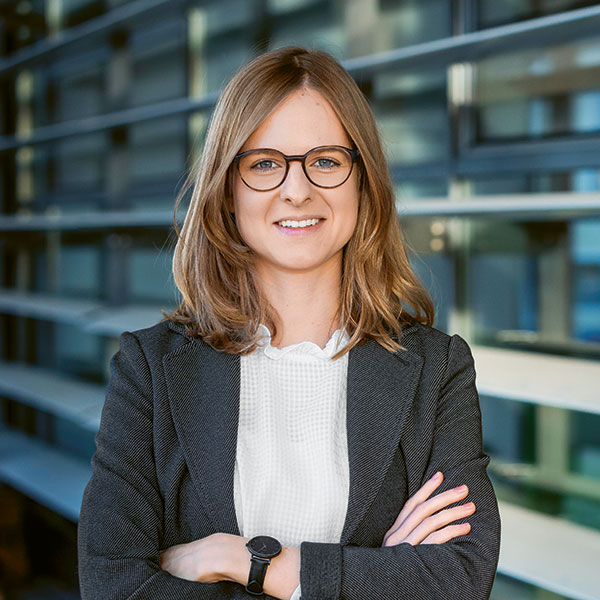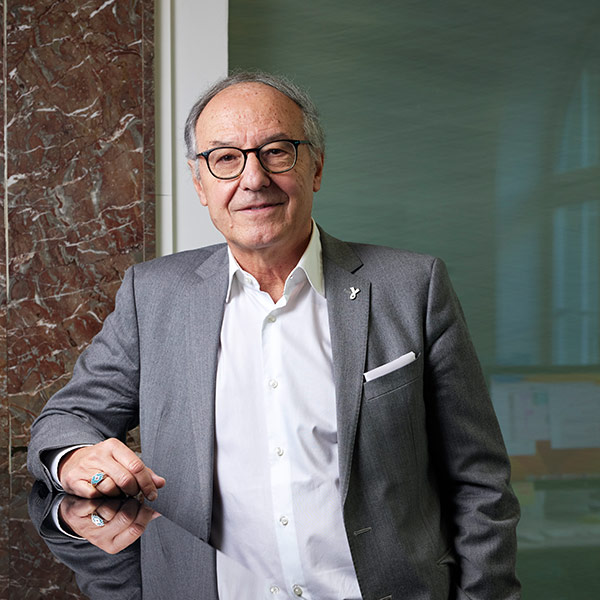COLUMN
Three principles for well-informed policy decisions
Researchers and politicians need to understand each other better. Laura Bernardi, the Vice-President of the National Research Council of the SNSF, is proposing three principles to achieve this.

Laura Bernardi is the Vice-President of the National Research Council of the Swiss National Science Foundation. | Photo: University of Lausanne
The dialogue between science and politics suffers from a well-known paradox: political actors need knowledge in order to realise their mandate. Science, on the other hand, advances in a Socratic method by doubting its own achievements and by becoming increasingly aware of uncertainties. This presents a problem when dealing with complex issues such as climate change.
To make scientific advice more effective, it needs to be embedded in the political system. The goal is that those who produce the evidence and those who apply it should trust and understand each other. We therefore intend to promote three principles for future collaboration:
1. We need training across different spheres. Researchers at all career stages should be in contact with officials from local, cantonal and federal authorities, with politicians and with civil society. This will enable them to develop a common understanding and to learn to appreciate each other’s perspectives and priorities. Transdisciplinarity needs training.
2. We need to co-create knowledge. Collective actions by policy-makers, scientists, practitioners and communities should take place at the many levels where problems arise. We need to co-design questions and co-produce answers continuously, and improve them constantly, to ensure that research results are relevant to society and are taken up by decision-makers. This is necessarily complex, because co-creation develops from the bottom up and is carried out by diverse groups of people. It is difficult to steer such systems from the top, but it also makes them resilient in times of crisis.
3. We need to keep different roles separate. Those who produce evidential knowledge should not intervene in political decisions, which have to be left to the democratic process and its representative bodies. One means of clarifying these roles would be to appoint science advisors to find, contextualise and communicate the best evidence and to facilitate interactions between policy actors and evidence producers.
Funders have an important role to play in promoting these three principles. They already facilitate cross-training, co-creation and role separation in many ways, and should continue to do so. For instance, the SNSF offers politics courses for researchers, and funds co-creative programmes like the Solution-Oriented Research for Development (SOR4D) programme. Funders can also render national and international stakeholders and experts more visible and help assess conflicts of interest. Finally, they can increase the recognition factor during the career evaluations of researchers engaged in providing policy advice.




